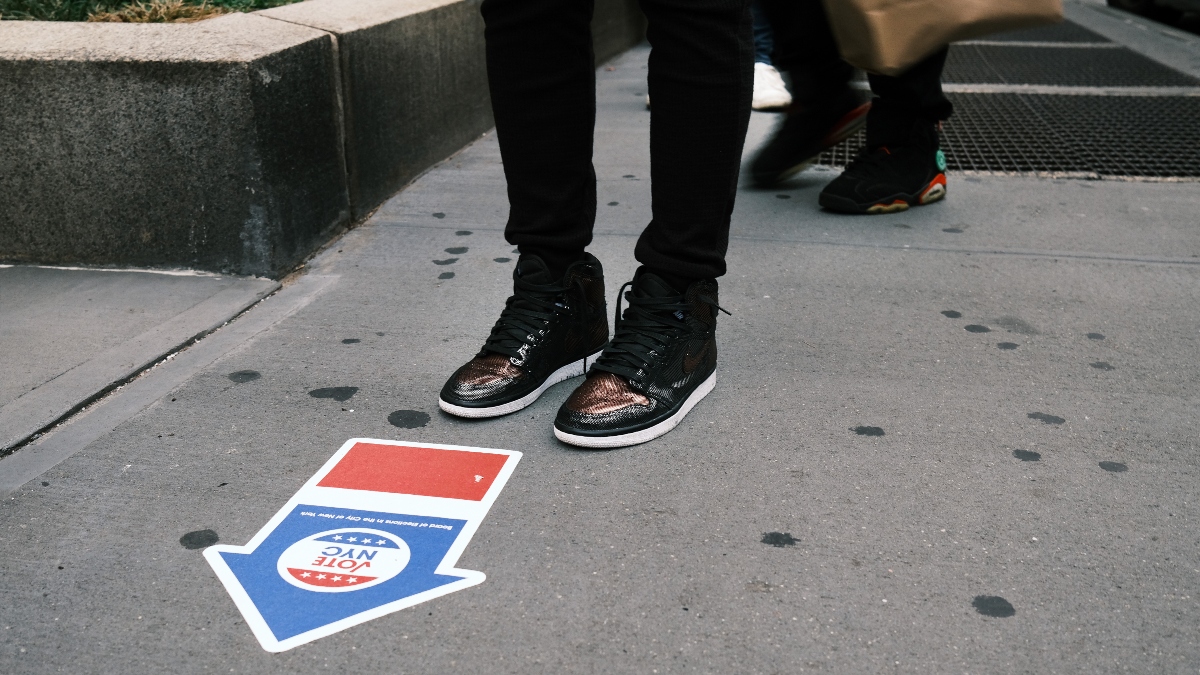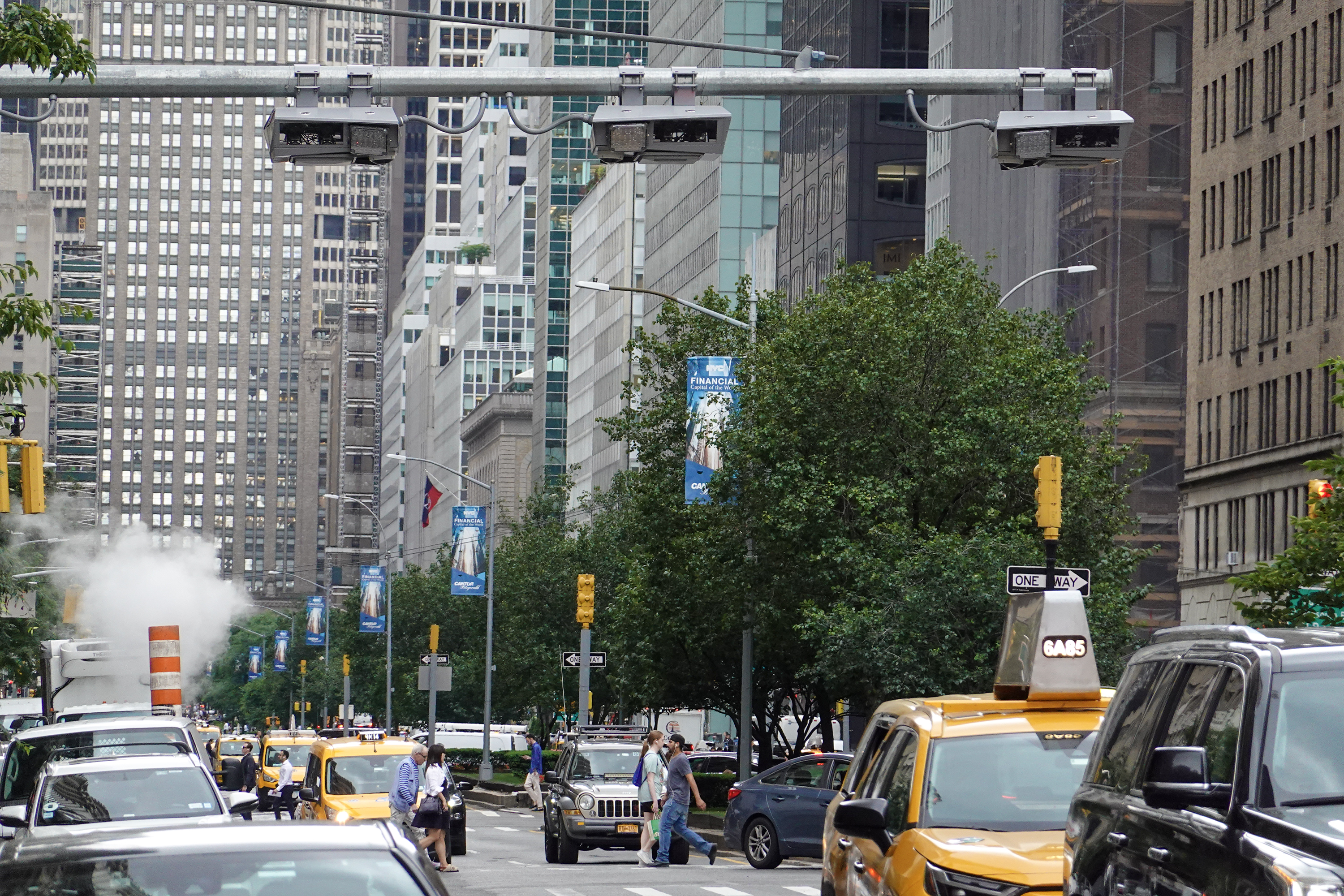Uber and Lyft are warning investors that mounting claims of sex crimes in rideshare backseats could have negative impacts on the companies’ reputations and bottom lines.
In recent filings with the US Securities and Exchange Commission, Uber said its own public release of data, showing thousands of trips ending with reports of sexual misconduct or even sex crimes, could harm the tech company’s ability to attract passengers and cause “future damage to our brand.”
“There have been numerous incidents and allegations worldwide of Drivers, or individuals impersonating Drivers, sexually assaulting, abusing, kidnapping and/or fatally injuring consumers,” the company said in its 2024 First Quarter Report. “If other criminal, inappropriate, or other negative incidents occur due to the conduct of platform users or third parties, our ability to attract platform users may be harmed, and our business and financial results could be adversely affected.”
According to the tech firm’s voluntary disclosures, between 2017 and 2020, there were more than 6,800 reports of sex crimes or sexual misconduct on Uber trips.
Amber Moye, a young mother from Brooklyn, is one of the passengers now suing Uber – alleging her driver raped her after she became intoxicated and fell asleep in the backseat in 2018.
“It’s really hard to process that that really happened to me,” Moye told the I-Team. “All the thoughts that go through my head of what could have been happening to me during that time. It really hurts and it’s really traumatic.”
Get Tri-state area news and weather forecasts to your inbox. Sign up for NBC New York newsletters.
Last year, a panel of judges cleared the way for Moye’s lawsuit and more than a hundred other legal claims to be consolidated into one massive case alleging Uber has failed to protect consumers from predatory drivers. Similarly, in 2020 multiple lawsuits from plaintiffs who say they were sexually victimized inside Lyft vehicles were combined.
News
That has prompted Lyft to warn investors there could be an unknown impact to the bottom line.
“Regardless of the outcome of these or other matters, litigation can have an adverse impact on the Company,” Lyft warned in its most recent Quarterly Report. “Although the Company intends to vigorously defend against these lawsuits, its chances of success on the merits are still uncertain.”
According to data made public by Lyft, there were more than 4,100 reports of sex crimes or sexual misconduct from users of the rideshare platform between 2017 and 2019.
Adam Slater, Moye’s attorney, says there are common sense steps rideshare platforms have failed to take, which would discourage sexual predators from getting behind the wheel.
“Uber has an absolute duty to prevent these assaults,” Slater said. “One simple fix would be to require cameras in the car that are monitored by Uber. That would be a very cheap and simple fix but it’s just not there right now.”
An Uber spokesperson declined to discuss Moye’s complaint, but sent the I-Team a list of recently launched safety features, including in-app 911 calling, the ability to record audio of a rideshare trip, and the ability to share real-time trip information with trusted friends and family members.
"Sexual assault is a horrific crime, and we take every report of this nature very seriously,” the spokesperson wrote. “While we cannot comment on pending litigation, we are deeply committed to the safety of all users on the Uber platform.”
Similarly, Lyft emphasized a list of its own safety features, especially something called “Women+ connect,” an optional functionality that works to match female and nonbinary passengers who are more comfortable with female and nonbinary drivers.
“When rideshare is better for women and nonbinary people, rideshare is better for everyone,” said David Risher, Lyft CEO. “We’re proud to bring the comfort and camaraderie of Women+ Connect to millions across the country.”
Uber offers a “Women Rider Preference” feature in select countries, but the company declined to say if or when drivers and riders in the United States would be able to indicate a gender preference.
Rachel Abrams, an attorney whose firm represents about 1,400 passengers alleging rideshare sexual assaults, says most of her clients are women who became intoxicated after a night out – and thought they were doing the safe thing by using a rideshare app.
“These companies market with bars and Budweiser to get ‘hey have another drink and get a free ride home to drink more,’” Abrams said. “They know which drivers are utilizing this for livelihood versus those who are likely utilizing it for predatory behavior. They know everything. They have all of the data.”
While both Uber and Lyft tout continuous background checks aimed at flagging predatory drivers, Amber Moye says she believes the driver who sexually assaulted her in 2018 was a foreign national who may have had a limited history living in the US, thereby making a background check of little value.
Moye’s lawsuit says the results of a hospital rape kit confirmed she had been sexually assaulted after her Uber trip. She says she reported the crime to the NYPD Special Victims Unit.
Five years later, the NYPD declined to answer questions about Moye’s case, including whether her driver was ever located or questioned.
In response to an I-Team inquiry, an NYPD spokesperson only said:
“The NYPD takes sexual assault and rape cases extremely seriously, and urges anyone who has been a victim to file a police report so we can perform a comprehensive investigation, and offer support and services to survivors.”



